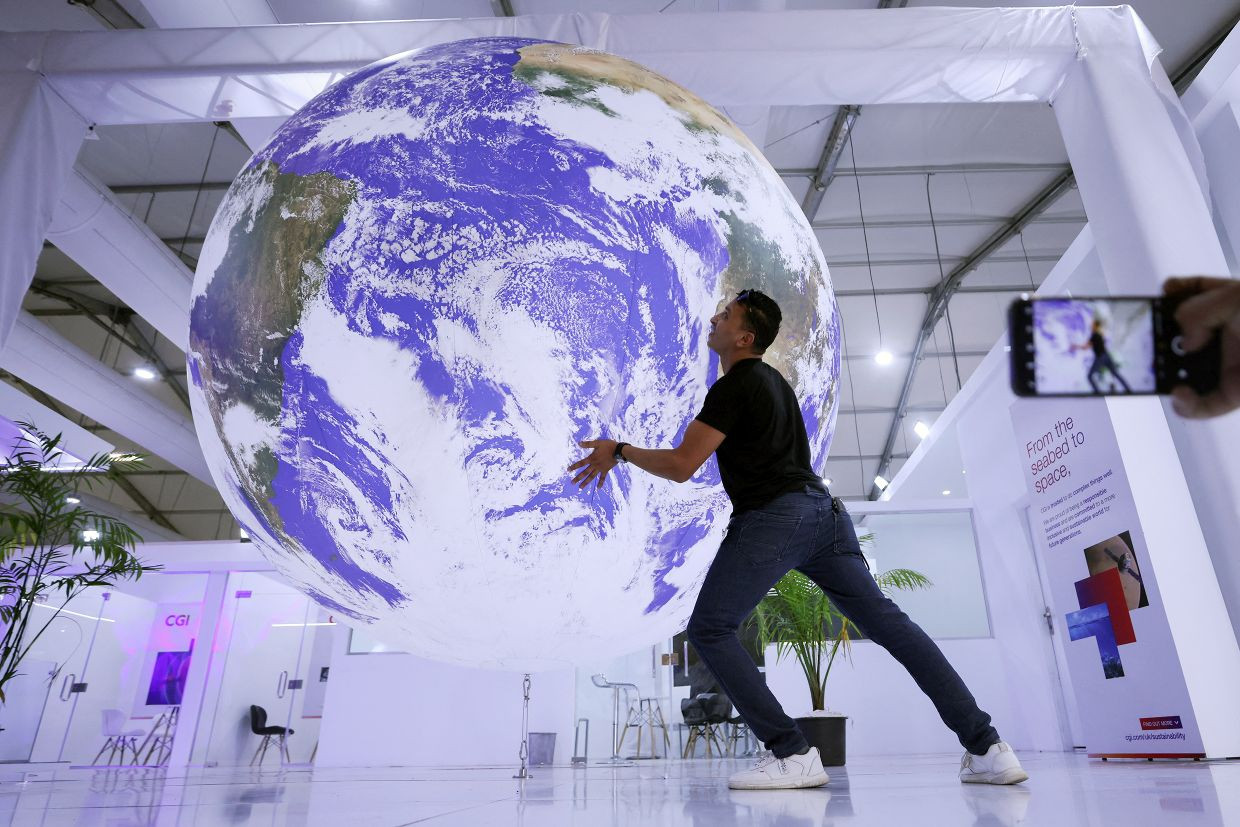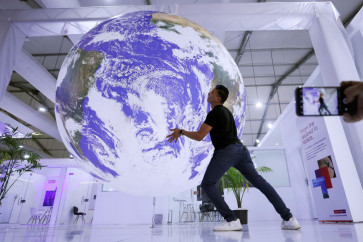Popular Reads
Top Results
Can't find what you're looking for?
View all search resultsPopular Reads
Top Results
Can't find what you're looking for?
View all search resultsTracking ASEAN countries’ energy agendas from COP27
In the short term, methane emissions are still expected to rise steadily, but in the long run, ASEAN member states may have to reconsider using gas as a transitional fuel.
Change text size
Gift Premium Articles
to Anyone
T
he 26th United Nations Climate Change Conference of the Parties (COP26) in Glasgow last year brought about calls to urgently increase global efforts to keep global warming to within 1.5 degrees Celsius. The Glasgow Climate Pact, consisting of decisions on mitigation, adaptation, financing and collaboration, was the culmination of intense negotiations and escalating ambitions.
One of the carbon mitigation initiatives signed by the ASEAN member states was the Global Methane Pledge (GMP). It aims to cut 30 percent of methane emissions collectively by 2030 and was signed by more than 100 countries, including more than half of AMS.
There was also the Global Coal to Clean Power Transition Statement (GCCPS), pledged by more than 40 nations, including Brunei Darussalam, Indonesia (partially), the Philippines (partially), Singapore and Vietnam. The commitment underlines the international effort to transition from unabated coal power generation by 2040.
Other initiatives that gained support from certain member states included Super-efficient Equipment and Appliance Deployment (SEAD) and the One Sun Declaration (OSD). SEAD intends to accelerate energy efficiency through the manufacture and sale of energy-efficient appliances, lighting and equipment worldwide. Indonesia was one of the signatories to SEAD.
The OSD, which was signed by Cambodia and Myanmar, aims to create a global ecosystem of interconnected and shared renewables, combined with expanded national and regional grids and complemented by solar solutions.
While COP26 created significant global pledges and outcomes, the implications for ASEAN’s energy sector remain relatively quiet.
Based on the report on Methane Emissions Mitigation in ASEAN’s Energy Sector, ASEAN’s energy sector contributed around 24.3 percent of the region’s total methane emissions in 2021. The GMP will likely shift capital allocation toward cleaner energy sources. Security concerns may add to the risk, as climate-oriented policies may affect gas supply chains. In the short term, methane emissions are still expected to rise steadily, but in the long run, ASEAN member states may have to reconsider using gas as a transitional fuel.



















